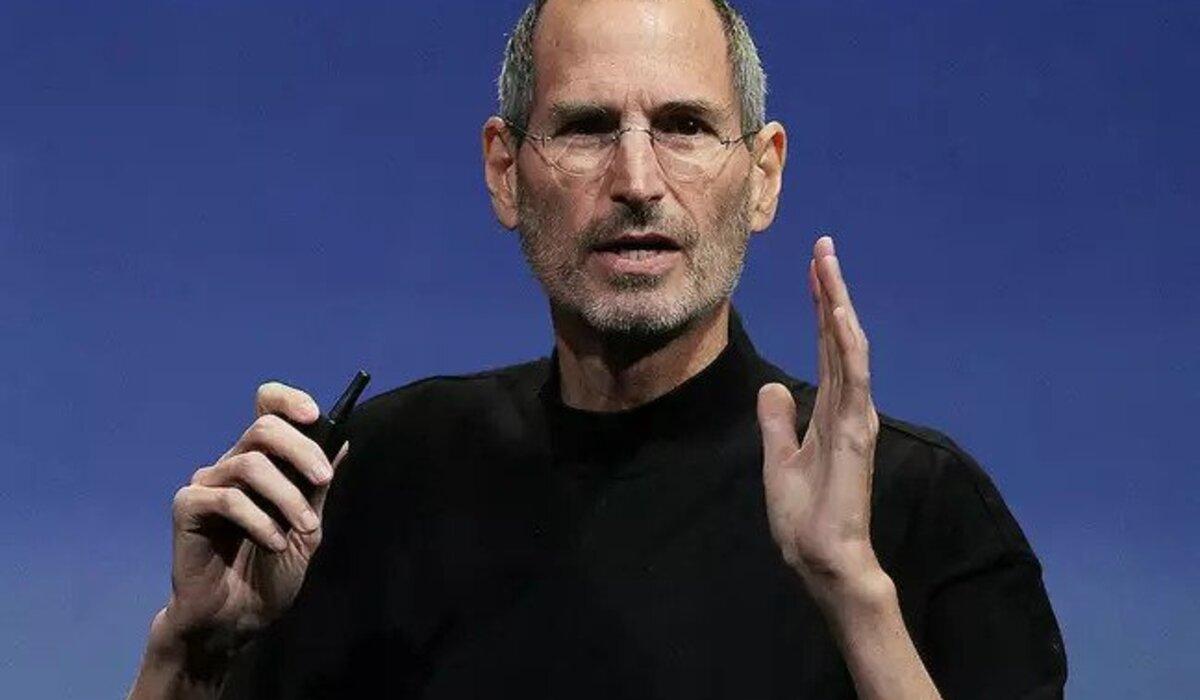Steve Jobs, the co-founder of Apple, had a profound philosophy that guided his life and work. He asked himself a crucial question daily: “If today were the last day of my life, would I want to do what I’m about to do today?” This introspection motivated him to stay focused and passionate about his work. Jobs believed in the idea that you can only connect the dots of your life’s journey when looking backward, and this trust in the future was vital.
Outlining three stories that he’d hear, Jobs said: “You can’t connect the dots looking forward, you can only connect them looking backwards.
“So you have to trust that the dots will somehow connect in your future.
“You have to trust in something, your gut, destiny, life, karma, whatever.”
He said he was ‘lucky’ that he ‘found what I love to do early in life’.
“I’m convinced that the only thing that kept me going was that I loved what I did, you’ve got to find what you love, and that is as true for work as it is for your lovers.” Jobs said.
“Your work is going to fill a large part of your life, and the only way to be truly satisfied is to do what you believe is great work, and the only way to do great work is to love what you do.”
The Apple CEO then described a quote he read when he was 17, which said: “If you live each day as if it was your last someday, you’ll most certainly be right.”
“It made an impression on me, and since then, for the past 33 years, I’ve looked in the mirror every morning and asked myself, if today were the last day of my life, would I want to do what I’m about to do today?” he said.
He stressed the importance of finding what you love early in life, emphasizing that work should be a source of deep satisfaction. He underlined that death is a powerful motivator, as it clarifies what truly matters, allowing us to shed external expectations and distractions.
“Whenever the answer has been no for too many days in a row, I know I need to change something.
“Remembering that I’ll be dead soon is the most important tool I’ve ever encountered to help me make the big choices in life, because almost everything, all external expectations or pride, or fear of embarrassment or failure, these things just fall away in the face of death, leaving only what is truly important.”
He added: “No one wants to die, even people who want to go to heaven don’t want to die to get there, and yet, death is the destination we all share.
“No one has ever escaped it. And that is as it should be. Because death is very likely the single best invention of life.
“Its life’s change agents, it clears out the old to make way for the new.
“Right now the new is you, but someday not too long from now you will surely become the old and be cleared away.”
He concluded: “Sorry to be so dramatic, but it’s quite true.
“Your time is limited. So don’t waste it living someone else’s life.
“Don’t be trapped by dogma, which is living with the results of other people’s thinking.
“Don’t let the noise of others opinions drown out your own inner voice.
“And most important, have the courage to follow your heart and intuition.
“They somehow already know what you truly want to become. Everything else is secondary.”
Jobs encouraged people not to waste their limited time living someone else’s life, following dogma, or being swayed by others’ opinions. He urged individuals to have the courage to follow their hearts and intuition, as they already know what they truly desire.
In essence, Jobs’ message was about finding passion in your work, embracing your mortality as a motivator, and staying true to your inner voice in the pursuit of your dreams.

